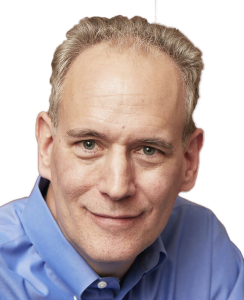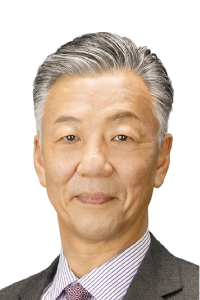
[Shizenkan Forum (co-hosted by GOFP*)]
“Fostering Global Order with Eastern Philosophy”
Date&Time: May 15th (Sat) 10:00 – 12:00 (JST) / May 14th (Fri) 18:00 – 20:00 (PDT)
Speaker: Prof. Steven K. Vogel (University of California, Berkeley)
Kiyoyuki Seguchi (Research Director of the Canon Institute for the Global Studies)
Moderator: Keiro Kitagami
Language: English
*GOFP: The Global Order Framework Project
| International coordination among nation-states has become all the more difficult in recent years as globalization has intensified conflicts of interest and emerging economies have garnered a larger presence in the international community. The root cause of this failure to build a world order is the assumption that universal rules must be established based on a consensus among sovereign nations.
The legitimate government organizations in each country serve the country’s citizens, and it is their responsibility to give top priority to the interests of those citizens.
Therefore, each government is constrained in its ability to contribute to international cooperation. This suggests that the mechanism for building an international consensus in the era of globalization based on the veto power of domestic politics suffers from a structural flaw.
In order to overcome this structural flaw, we offer two proposals.
First, non-state actors (universities, research institutes, think tanks, NPOs, individuals) should assume some of the roles played by sovereign states. Groups of globally trusted experts should propose solutions to key global challenges by category based on objective data and scientific evidence.
Second, without setting universal rules and accompanying penalties, national and local governments, companies, and organizations should select policy measures suitable for their own country from among the solutions presented by the expert groups, and autonomously endeavor to solve problems in accordance with moral principles.
These challenges should be based on the Western concept of science, which attaches importance to the analysis of the visible, plus the spiritual culture of East Asia, which focuses on the invisible inner self. |

Steven K. Vogel
Chair of the Political Economy Program, the Il Han New Professor of Asian Studies, and a Professor of Political Science at the University of California, Berkeley. He specializes in the political economy of the advanced industrialized nations, especially Japan. His books include Marketcraft: How Governments Make Markets Work (2018), Japan Remodeled: How Government and Industry Are Reforming Japanese Capitalism (2006), and Freer Markets, More Rules: Regulatory Reform in Advanced Industrial Countries (1996).

Kiyoyuki Seguchi
Research Director of the Canon Institute for the Global Studies. His research focuses on the Chinese economy and the relations among the United States, China and Japan. He worked for the Bank of Japan from 1982 to 2009. He was the Chief Representative of the Representative Office of BOJ in Beijing from 2006 to 2008. He established Asia Bridge Corporation, a consulting company to support business between Japan and China in 2010. He is a director of Japan Asian Community Culture Cooperation Organization concurrently since 2019.
